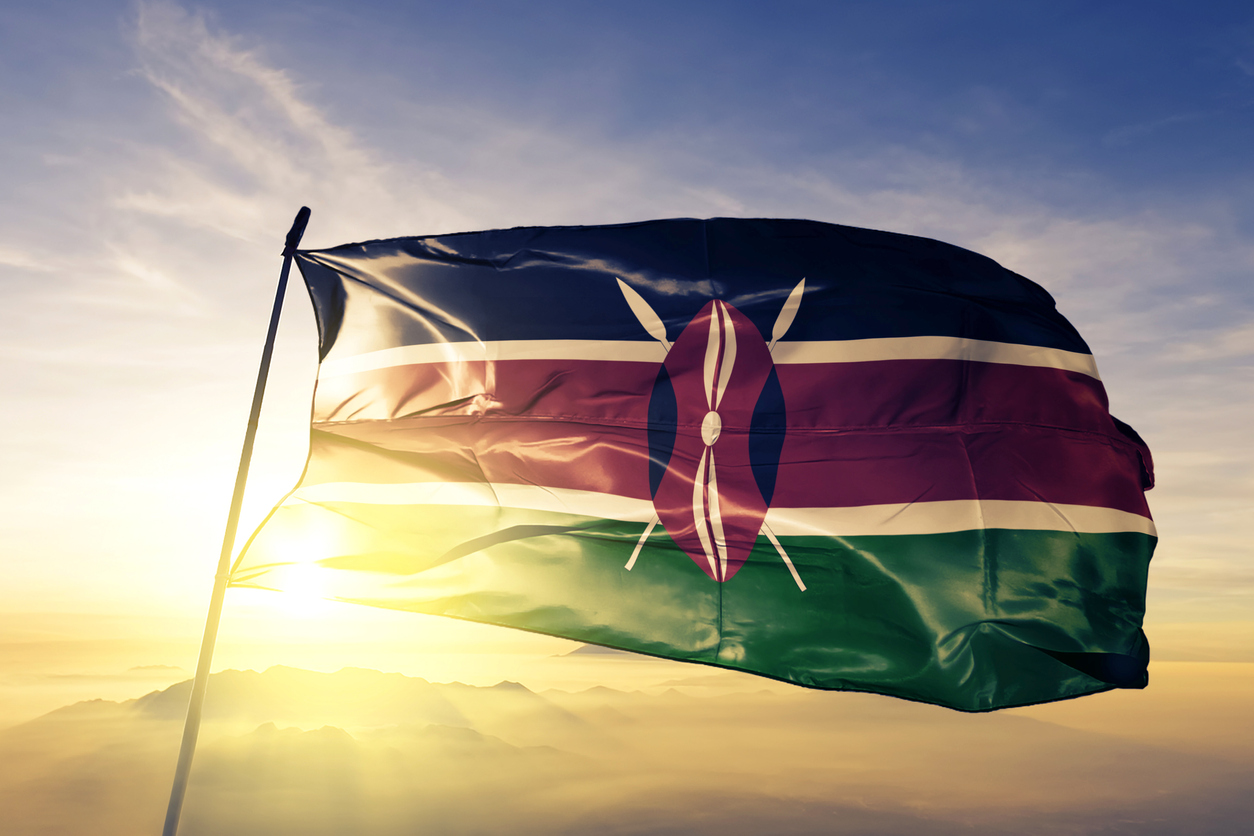The Ultimate Guide to Shipping Goods From Chile To Kenya – Tips, Regulations & More
The Ultimate Guide to Shipping Goods From Chile To Kenya – Tips, Regulations & More
Are you looking to move goods from Chile to Kenya? It can be daunting to try to navigate the complexities of international shipping, but with the right information, you can make the process easy and successful. This guide will provide you with the tips and regulations you need to know to ensure that your shipment from Chile to Kenya is successful. From choosing the right shipping method to understanding the regulations and customs fees, this guide will equip you with the knowledge to get your goods from Chile to Kenya quickly and safely. Whether you are a first-time exporter or you are an experienced shipper, this guide will help you make the most of your shipment and get your goods to their destination without any hassles.
Overview of Shipping Goods From Chile To Kenya
Before we dive in, let’s take a look at some key facts about shipping goods from Chile to Kenya. Chile is located in South America, and the majority of goods shipped from Chile to Kenya arrive at the Port of Mombasa. The most common goods shipped from Chile to Kenya are copper concentrate, copper, and other minerals and ores. The total value of goods shipped from Chile to Kenya was $1.5 billion in 2016, and it is expected to increase to $2.3 billion in 2021. If you’re moving goods from Chile to Kenya, you’ll need to select a shipping method that will get your goods to their destination quickly and safely. Shipping from Chile to Kenya can include multiple stops along the way, and you’ll want to make sure that your goods are prepared properly to avoid delays and issues at the port. In addition, you’ll need to be aware of certain regulations and fees that may apply to your goods while they are in transit. And, of course, your shipping company will need to be properly licensed and insured. With these factors in mind, let’s take a closer look at what you need to know about shipping goods from Chile to Kenya.
Choosing the Right Shipping Method
Before you begin the shipping process, you’ll need to decide which shipping method is best for your goods. There are a variety of factors that will impact your decision, including the size, weight, and value of your goods; the distance the goods will travel; and the port of departure and destination. If you’re not sure which shipping method is best for your goods, you can use our shipping calculator or a third-party shipping tool, like ShippingEasy, to calculate the best shipping method for your goods. Be sure to account for any issues that might arise during the shipping process, like a mechanical breakdown or weather-related delays. You also want to make sure that your goods are prepared properly for the shipping method you choose. This includes marking your goods with the proper shipping labels and ensuring that they are packaged properly.
Understanding Regulations and Customs Fees
Once you have successfully shipped your goods, you’ll need to be aware of certain regulations and customs fees that may apply to your goods while they are in transit. This will help you avoid any unexpected issues at the port, and it will provide smooth sailing for your goods when they arrive at the port in Kenya. For example, if your goods are subject to import duties, they will be held at the port while they are assessed and the appropriate fee is calculated and paid. This process can add time to the transit time of your goods, and it could also cause additional fees if the importer is not prepared for that process. It is important to note that importers are ultimately responsible for paying any fees associated with the import of their goods. If you are not prepared to pay the fees at the port, your goods will be held until the fees are paid. Be sure to research any regulations and customs fees that might apply to your goods before you ship to make sure you are prepared for any issues that may arise.
Preparing Your Goods for Shipping
Properly preparing your goods for shipping will help you avoid any issues at the port and ensure that your goods arrive quickly and safely. This may include labeling all the containers that your goods are packed in with their descriptions and markings. Additionally, your goods will need to be packed properly and prepared for the journey ahead. Depending on the type of goods you are shipping, this may include using a proper shipping container, using the right packing materials (such as crates, pallets, and shrink wrap), and being ready for any weather-related issues that may arise. If your goods are hazardous, you will also need to prepare them properly and ensure that they are marked properly as hazardous materials. This will help ensure that your goods are handled and transported safely throughout the shipping process.
Tips for a Successful Shipping Experience
There are a few key tips that can help make the shipping process go smoothly and help you avoid any issues that may arise. First, be sure to select a reputable shipping company that offers the services you need and has the proper licenses and certifications. Next, be prepared for any issues that may arise, and make sure you have a plan to deal with them if they come up. Finally, be sure to communicate with your shipping company throughout the process. This will help you stay informed about the status of your shipment and allow you to address any issues that may arise quickly. Having a successful shipping experience is largely based on your preparation and the shipper you choose. With the right knowledge and partner, you can rest assured that your shipment will arrive safely and quickly.
Pros and Cons of Shipping From Chile To Kenya
Now that you know everything you need to know about shipping goods from Chile to Kenya, let’s take a look at the pros and cons associated with this shipping route. The main benefit of shipping goods from Chile to Kenya is that it is a direct route that doesn’t require any transits. The main drawback of shipping via this route is that it is a longer route with a longer transit time than other routes. This route is also susceptible to the weather, and because it is a direct route, it is not as cost-effective. If you are thinking about shipping goods from Chile to Kenya, you should be aware of the risks associated with a direct route. Finally, keep in mind that there are certain limitations on what types of goods you can ship via this route.
Questions to Ask When Shipping From Chile To Kenya
Now that you have all the information you need to know about shipping goods from Chile to Kenya, you may be wondering who you should partner with for this shipping route. To make the process easier, you can use our shipping calculator to find the best shippers for your goods. Once you have compiled a list of potential shippers, you can use the following questions to help you decide which shipper is the best fit for your goods. What are the available transit times for my goods? What is the cost of shipping my goods? Will the shipper provide a free shipping estimate? What is the shipper’s contingency plan in the event of an emergency? Does the shipper offer rates for hazardous materials? What is the shipper’s process for booking shipments? Does the shipper have any special requirements for booking shipments? Can the shipper provide a Customs Broker certification?
Wrapping Up: The Benefits of Shipping From Chile To Kenya
Shipping goods from Chile to Kenya is a great option if you are looking for a direct shipping route with no transits. This route is long and may be subject to weather delays, but it is cost-effective and allows you to ship directly to the port in Kenya. When you ship via this route, you will need to be aware of certain regulations and customs fees that may apply to your goods while they are in transit. To avoid any issues that may arise, it is important to prepare your goods properly for shipping and communicate with your shipper throughout the process. This will help you have a successful shipping experience and get your goods to their destination quickly and safely.








LEAVE A COMMENT
You must be logged in to post a comment.